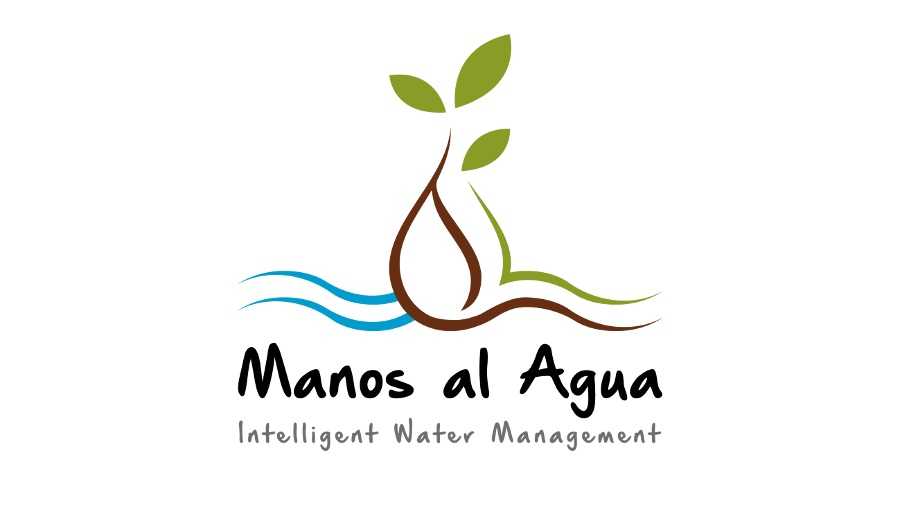The next few years the programme Manos al Agua will focus on the implementation of water management by over half a million Colombian coffee-growing families. Manos al Agua (hands on water) started in 2013 and already shows significant progress by the Colombian coffee sector to combat water scarcity and the effects of climate change.
The 25 million euro budgeted programme runs till 2018. On 27 May the programme partners met in the Hague, the Netherlands, to discuss the mid-term results.
Dialogue and cooperation in water platform
The Manos al Agua programme for integrated water management involves coffee farmers in 25 Colombian river basins.
Participants in the public-private programme are the Colombian coffee growers federation (FNC), Presidential agency for international cooperation (APC Colombia), National coffee research center (Cenicafé), Dutch Ministry of Foreign Affairs, Wageningen university & research centre and multinational companies Nestlé and Nespresso.
The programme includes a water platform for dialogue, cooperation and the establishment of learning networks across private, public, academic and civil sectors to foster cooperation for integrated water management and ensure key actors are aware of the importance of water management.
Poverty reduction
The next few years the investments should further reduce poverty, foster cooperation for farming improvements, protect the environment, encourage partnerships and influence policy to develop and enhance the Colombian coffee sector.
The programme develops a climate adaptation model, implementing technologies that reduce production losses from climate hazards – now up to 30 percent – and that lower the environmental impacts of coffee production on the environment and landscape.
In the long term it will benefit more than 550.000 coffee-growing families to increase their competitiveness, wellbeing, and resilience and adaptability to water and climatic hazards.
Water imbalances
The bottleneck this programme aims to solve are water imbalances (scarcity and excess) in the Andean region of Colombia.
The role of the coffee sector in this respect is important as recent studies show that coffee production is responsible for 55 percent of the grey water footprint – contamination through coffee washing and drying – in the agricultural sector, being the main user and contaminating factor.
The coffee farmers are also the most effected, as main users of clean water resources in the Andean mountains.
Climate change adds to the water imbalances: alternate water supply shortages or excessive rainfall and its effects such as flooding and landslides.















